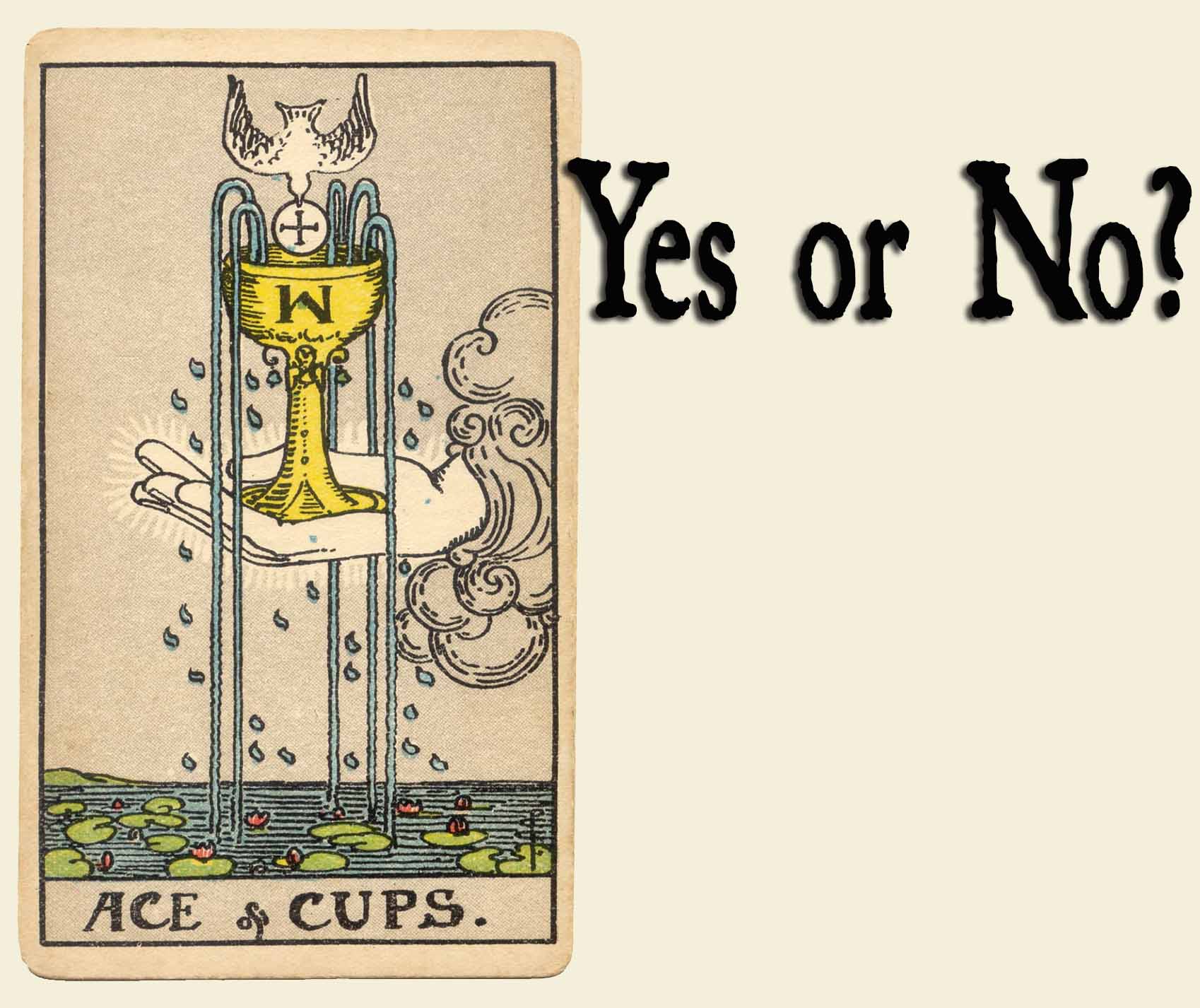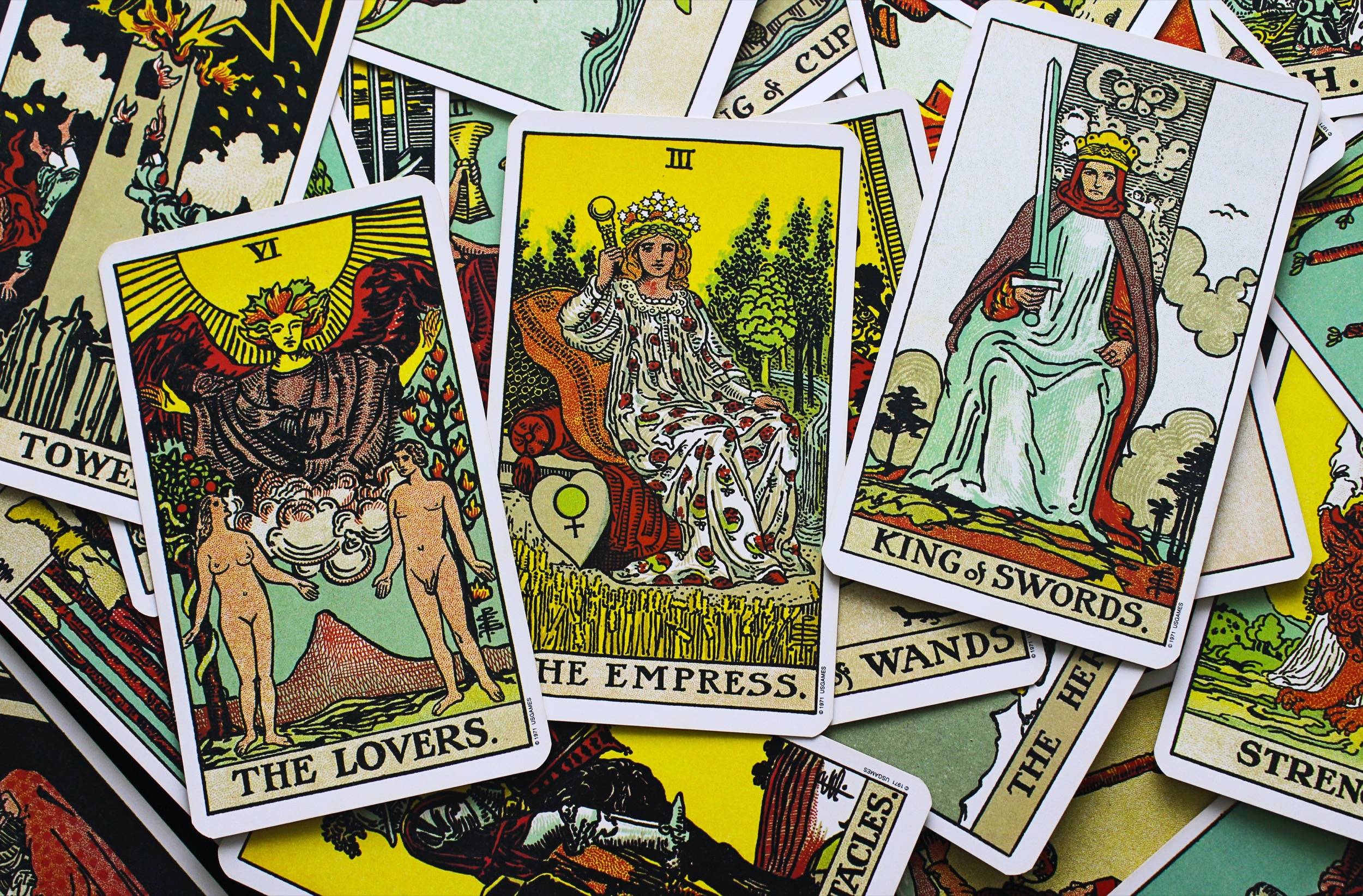
Zodiac Tarot Cards are one among the most widespread and versatile types of divination. They are a great way to learn about yourself and the people in your life. This book features 24 illustrations on full pages in black and White. These pages feature floral and geometric patterns.
The Lovers
The Lovers card on the zodiac cards is a symbol of love and relationships. This card can also be used to indicate your heart's health. In a relationship, the Lovers will help you communicate openly and honestly. This card encourages you accept that there are two sides to every tale and that nothing is perfect.

If you are unsure about your direction, the Lovers card on the zodiac Horoscope Card can help guide you. You can use it to help you make a decision when you need to balance your needs with that of your partner.
The Four of Wands
The Four of Wands stands for harmony and new beginnings. The card can also represent balance and forward progress. This card can be used to represent a person’s relationship and progress with their family members and friends. But it can also refer to many different things.
The Four of Wands, when reversed, can signify an unhappy home or cancellation of events. It can also be a sign of insecurity and failure. You might feel that you don't belong in your community or family, and feel unable to make it big. You may feel that you are constantly moving between places and don't belong there. This can also indicate a lack of support.
The Death card
The Death card represents sweeping change. It represents an abrupt change that leads to new beginnings or new opportunities. Everyone can die, regardless of their skin color or wealth. It can be hard to let go of the past, but it can lead to a new beginning.

Scorpions are particularly attracted to the Death card, which represents growth and transformation. Scorpio is a zodiac sign that is in constant evolution and seeks to make positive changes throughout their lives. Although Scorpios can sometimes be intense, a shift in perspective can help them stay healthy and positive. The Death card reminds you to slow down and find peace.
FAQ
What are competitive hobbies, you ask?
There are many competitive sports, including running, swimming and cycling, as well as golfing, tennis and other activities.
They are usually enjoyed by people who enjoy being active, but also allow for social interaction.
You will probably find people around you who have the same hobby as you, if you are into physical activity.
This could include joining a club/group that allows you to play sports together regularly.
Participating in group games, which involve playing alongside others, is another option.
These include football (soccer), cricket, rugby, netball, basketball, hockey, baseball, volleyball, badminton, squash, handball, and table tennis.
There are many different types of competition.
Some competitions can be used for only recreational purposes.
Others are intended to test competitors' skill.
Some are even designed to reward outstanding performance.
These cases result in prizes for the winners.
Other competitions test strength and endurance.
These are known as endurance events.
For example, marathon races, triathlons, Ironman Triathlon, etc.
Before participating in these events, athletes often train hard.
They will follow a strict training program to prepare themselves mentally and physically.
They might need to travel some distance during preparation.
It is important to remember, not all athletes will compete in every type and event.
What are some great hobbies for seniors?
Senior citizens should find activities they love to do. They should also be active and take part in activities such as sports or other physical activities.
They may want to join clubs that allow them to meet others with similar interests. They will feel less lonely as their age.
Seniors need to keep up with current trends. For example, seniors could keep up with the latest fashions, art and literature.
What is a hobby for kids?
A hobby for kids is any activity they like to do as part of their normal daily routine. Some kids like to build things, draw, paint, write, or play with toys.
Many parents worry that their children will get into trouble if they're allowed to do whatever they want. This is not necessarily true. Your child will not get into trouble if he or she is safe and doesn’t cause any harm to other people or themselves.
It's important to remember that just because they like to do something doesn't mean that they'll always choose to do it. If they are passionate about drawing but hate writing, they might choose to draw pictures over writing.
There are many hobbies to choose from, so it's up you to find the one that interests you most.
What does a hobby cost?
A hobby costs nothing but time. It can take many years to accomplish what you desire if you are serious about it.
There is one thing that will help you. It's called "passion". If you have passion about something, it will make it easier for you to work hard.
And once you start putting in those hours, you may find that you become addicted to the activity. This is when the real fun begins. Because you are enjoying what you are doing and are constantly improving. By the end of the year you'll have probably made a lot of progress.
Don't fret about how long this takes. Don't be afraid to try. You might be surprised at the results!
How do I find a hobby that interests me?
When you first start your journey into finding a hobby, you may feel like you've got nothing to choose from.
You may be thinking, "I'm just not artistic" or "I hate sports," or perhaps "I don’t even know what I know."
You probably have plenty of experience and knowledge to use when you are looking for hobbies.
It's just that you haven't realized it yet.
Take a look at the contents of your home. What amount of stuff do you have?
Do you still have toys?
You might have a collection.
You might have always wanted the ability to cook.
Or perhaps you would just like to learn how to play the guitar again.
It doesn't matter what it is, you can probably turn it into a hobby.
The key is to realize that you already have plenty of experiences to draw upon.
Once you do that, you can choose a hobby to fit your life.
Statistics
- 37% Video Games 36% Travel 36% Health and Fitness (quizexpo.com)
- The Role of the Mind in Sex, Dating, and Love: Men in the “humor” condition received phone numbers from 42.9% of the female participants and were refused 57.1% of the time. (time.com)
- The intensity of the dialogue partners' bond at the end of the forty-five-minute vulnerability interaction was rated as closer than the closest relationship in the lives of 30 percent of similar students. (time.com)
- I am 100% biologically a woman (discover.hubpages.com)
- Almost 80% of people claim to have no hobby. (hobbylark.com)
External Links
How To
How to start gardening
Gardening is one the oldest forms. It takes patience, persistence, determination, and perseverance. The first step to starting a garden is to pick a spot where you will grow food. It could be large land, or just your backyard. Next, choose what kind of plants you would like to grow. Do you prefer flowers or vegetables? Some people love to grow herbs, while others enjoy raising animals like rabbits. You should consider how much space you have available before deciding what types of crops you plan to plant. If you live in a region that experiences cold winters then it is possible to grow fruits and berries.
Once you have selected the plants you wish to plant, you should prepare your soil. The soil is crucial in determining whether your plants thrive or not. Good quality soil contains organic matter that helps feed your plants' roots. Organic matter can include leaves, twigs and grass clippings as well as manure and compost. Once your soil is prepared, it's time to add nutrients. Depending on the type of plants you plan to grow, you may need different amounts of nitrogen, phosphorus, potassium, calcium, magnesium, boron, zinc, copper, manganese, iron, molybdenum, chlorine, sulfur, sodium, and so on. A fertilizer calculator online can help you determine these values. There are many fertilizers to choose from, so it is important that you are familiar with the product you are using.
After you have prepared the soil and added nutrients, it is time to wait for your seeds germination. The process takes between 2 weeks and 3 months depending upon the climate in your area. After seeds have sprouted, water them every day. Problems can arise if you water your plants too frequently or too little. Overwatering can cause problems. Overwatering can lead to root rot and fungal diseases. When watering your plants, remember that most plants require less water during the warm summer months than in winter. Also, remember that certain plants need to dry out after watered. For example, tomatoes need to stay slightly moist but not wet. They won't tolerate soggy soil. After they have finished flowering, they must go dormant. Dormancy occurs when plants stop producing any new growth and start to store energy for the next harvest. Dormancy occurs when the plant stops sending signals that tell its roots to produce food. The plant continues to store energy during this time. However, if the temperatures drop below freezing and there isn't enough sunlight, the plant will go to sleep.
Living in urban areas may restrict the types of plants you can plant. Concrete sidewalks, roads or parking lots can block sunlight from reaching urban areas. Concrete absorbs sunlight and blocks the soil below from receiving adequate sun exposure. This is why many plants cannot thrive in cities. Many plants can still thrive in urban settings. Many trees, shrubs, perennials, and other plants can adapt to urban life. Many annuals can also be grown indoors in container gardens. Container gardens can be used to grow greenery indoors year-round, no matter what the weather outside.
Now that you have decided where to place your garden, chosen what you will grow, and prepared your soil, you are ready to plant!